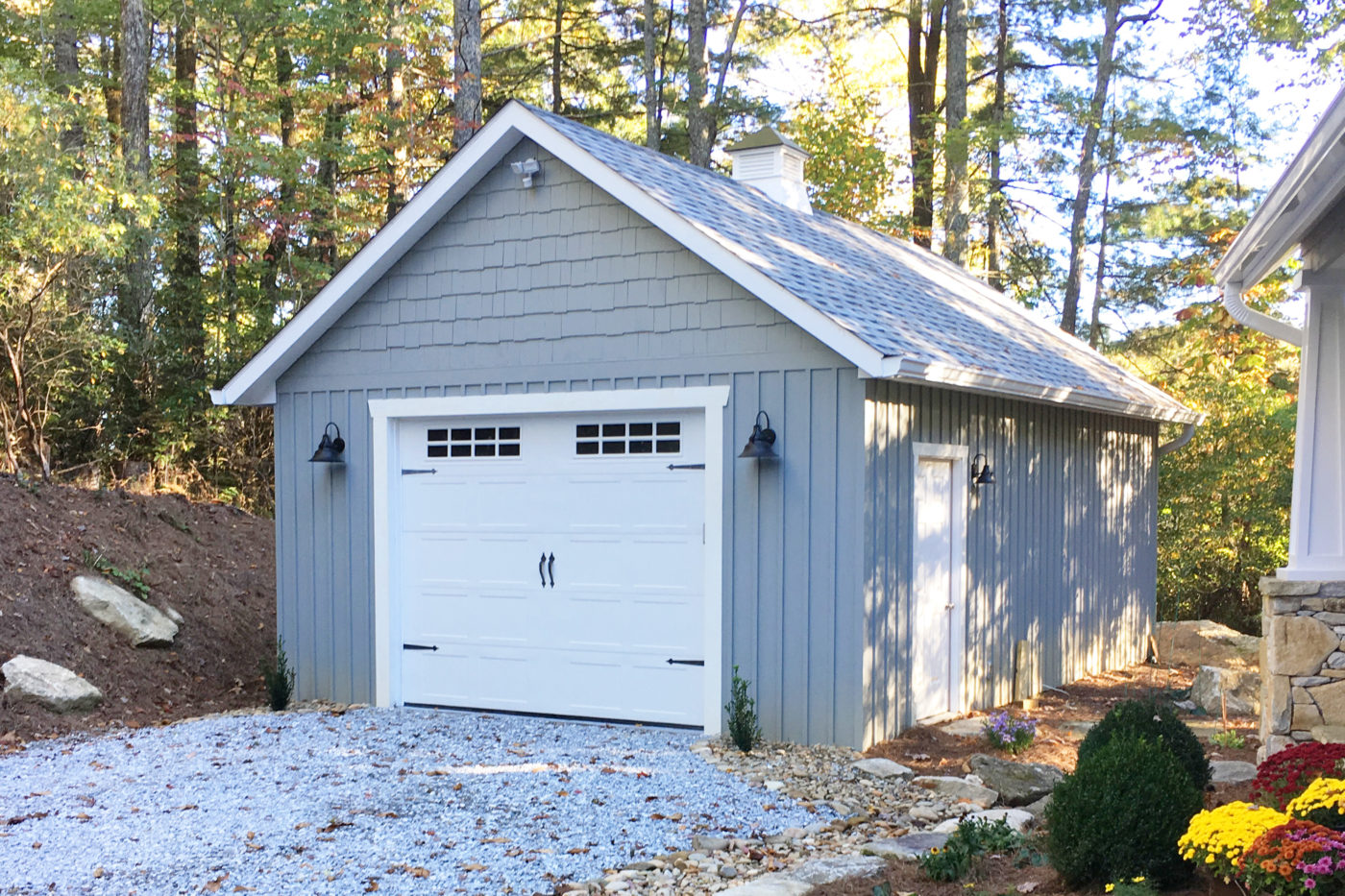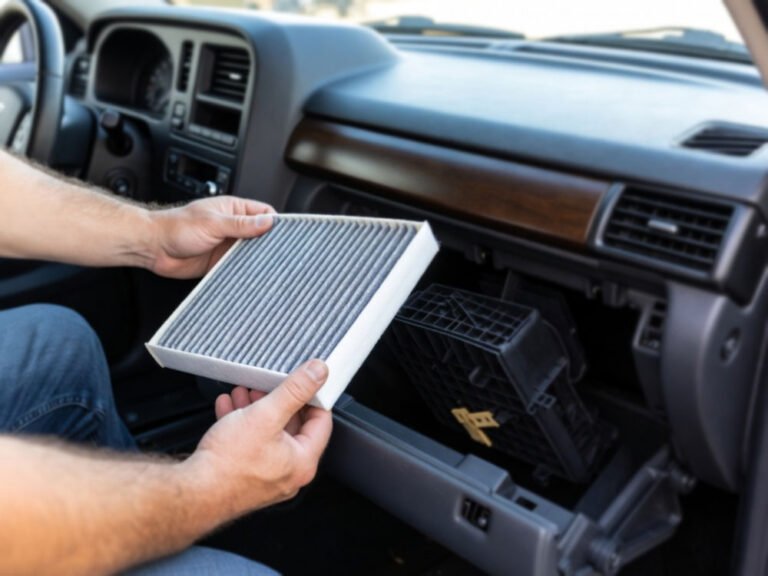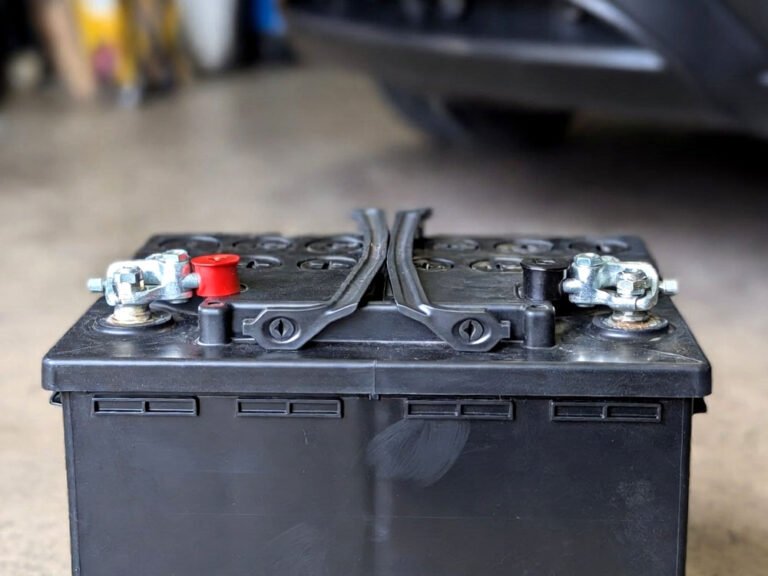A standard one car garage typically measures around 12 feet by 20 feet or 240 square feet in total area. Welcome to our guide on the size of a one car garage.
A typical one car garage is designed to accommodate a single vehicle and is often attached or detached from a home. These garages vary in size but usually measure around 12 feet wide and 20 feet long, providing a total area of 240 square feet.
This size allows enough space for parking a car comfortably and provides some room for storage or additional items. However, it’s important to note that the dimensions of a one car garage can vary depending on factors such as the size of vehicles and storage needs. We will explore the different aspects of one car garages and offer guidance on choosing the right size for your needs.

Credit: shedsunlimited.net
Dimensions Of A Standard One-car Garage
When it comes to building or renovating a garage, understanding its dimensions is essential. Whether you’re a homeowner looking to create additional parking space, a car enthusiast in need of a secure storage area, or simply someone curious about how much space a one-car garage actually offers, this article is for you.
Width Of A One-car Garage
The width of a standard one-car garage typically ranges from 10 to 16 feet. While 10 feet may seem narrow, it is still wide enough to comfortably accommodate most small to mid-sized cars. On the other hand, a 16-foot width provides ample space for larger vehicles like pickups or SUVs.
| Car Size | Ideal Garage Width |
|---|---|
| Compact Car | 10-12 feet |
| Mid-Sized Car | 12-14 feet |
| Pickup/SUV | 14-16 feet |
Length Of A One-car Garage
The length of a standard one-car garage typically ranges from 20 to 24 feet. This allows ample space for the average sedan, providing enough room for parking and some additional storage along the sides. If you have a larger vehicle or need additional storage space, opting for a longer garage length might be a wise choice.
Height Of A One-car Garage
The height of a standard one-car garage typically averages around 7 to 8 feet. This height is suitable for most vehicles, but if you own a taller SUV, van, or perhaps a classic car with additional clearance requirements, you may want to consider a higher garage height. A few extra feet of clearance can make all the difference when it comes to protecting the roof and providing easy access for maintenance or modifications.
When designing or choosing a one-car garage, it’s important to consider not only the size of your current vehicle but also any future vehicles you may have. Additionally, if you plan on using the garage for storing equipment or creating a workshop, you’ll want to allocate sufficient space accordingly.
Now that you have a better understanding of the dimensions of a standard one-car garage, you can make informed decisions when it comes to building, renovating, or even shopping for a new home with a garage. Remember, having adequate space for your vehicle and storage needs is key to maximizing the usability and functionality of your garage.
Factors To Consider When Determining Garage Size
When it comes to building or renovating your home, determining the size of your garage requires careful consideration. Your garage should not only accommodate your vehicle but also provide additional storage space and a functional workspace. To ensure that your garage meets your needs, let’s explore three key factors to consider when determining its size: the type of vehicle, the need for additional storage space, and the requirement for a practical workspace.
Type Of Vehicle
The size of your vehicle plays a significant role in determining the size of your garage. Different types of vehicles come with various dimensions, so it is crucial to take this into account. Whether you have a compact car, SUV, truck, or even an RV, your garage should be appropriately sized to comfortably accommodate your vehicle and allow for easy entry and exit. Observe the specifications of your vehicle to determine the minimum required garage size.
Additional Storage Space
While protecting your vehicle is one of the main purposes of a garage, having additional storage space is often a necessity. You may need to store tools, sports equipment, seasonal items, or other belongings in your garage. Consider the amount of storage space required for these items and plan your garage size accordingly. Keep in mind that having sufficient storage space not only keeps your garage organized but also maximizes its functionality.
Workspace And Functionality
A garage is not only a place to park your vehicle and store items, but it can also serve as a workspace for various activities. Whether it’s working on your car, pursuing hobbies, or doing DIY projects, having a functional workspace within your garage is essential. Determine the type of work you intend to do and allocate sufficient space for it. Consider factors such as a workbench, tool storage, and enough space to move around comfortably. A well-planned garage workspace ensures convenience and efficiency in carrying out tasks.
By considering the type of vehicle you own, the need for additional storage space, and the requirement for a practical workspace, you can determine the ideal size for your garage. Remember that each of these factors plays a crucial role in ensuring that your garage meets your needs. Take the time to evaluate your requirements, and plan accordingly to create a garage that perfectly complements your lifestyle and enhances the functionality of your home.
Alternatives To A One-car Garage
When it comes to parking your car, a traditional one-car garage may not always be the ideal solution. However, you don’t have to settle for limited space or lack of flexibility when it comes to storing your vehicle. There are several alternatives to a one-car garage that can provide you with the space, convenience, and protection that you need. Let’s explore some of these alternatives:
Carports
Carports offer a great alternative to a traditional one-car garage. These structures provide an open-air parking area, typically with a roof to shield your vehicle from the elements. Carports are more affordable than building a garage and can be quickly installed, making them a popular choice among homeowners. They are an excellent option if you live in a region with mild weather or if you prefer a more open and airy parking space.
Benefits of carports:
- Cost-effective and budget-friendly
- Quick and easy installation
- Allows for better airflow and ventilation
- Provides protection from sun, rain, and snow
- Can be customized to match the aesthetics of your home
Tandem Garages
If you have more than one vehicle or other items that require storage, a tandem garage might be the perfect solution for you. Tandem garages are designed to accommodate multiple vehicles, one parked behind the other. This allows you to maximize your parking space while still keeping your vehicles protected from the elements. Tandem garages are especially popular in urban areas where space is at a premium.
Benefits of tandem garages:
- Allows for parking multiple vehicles in a limited space
- Provides added storage space for other items
- Offers protection for all parked vehicles
- Can be customized to fit your specific needs
Detached Garages
If you have the available space on your property, a detached garage is an excellent alternative to a one-car garage. Detached garages are separate structures that can be built to accommodate multiple vehicles and offer more versatility in terms of design and layout. With a detached garage, you have the freedom to customize the size, style, and features to meet your specific requirements.
Benefits of detached garages:
- Allows for parking multiple vehicles or creating additional storage space
- Provides privacy and separation from the main house
- Offers more design flexibility and customization options
- Increases the value of your property

Credit: shedsunlimited.net

Credit: medium.com
Conclusion
The size of a one-car garage can vary depending on factors such as car dimensions and additional storage needs. Generally, a standard one-car garage is about 12 feet wide and 22 feet long, providing enough space to comfortably park a car.
However, it is important to consider individual requirements and make any necessary adjustments. Remember, proper planning and measurement are essential to ensure a functional and suitable garage for your needs.









